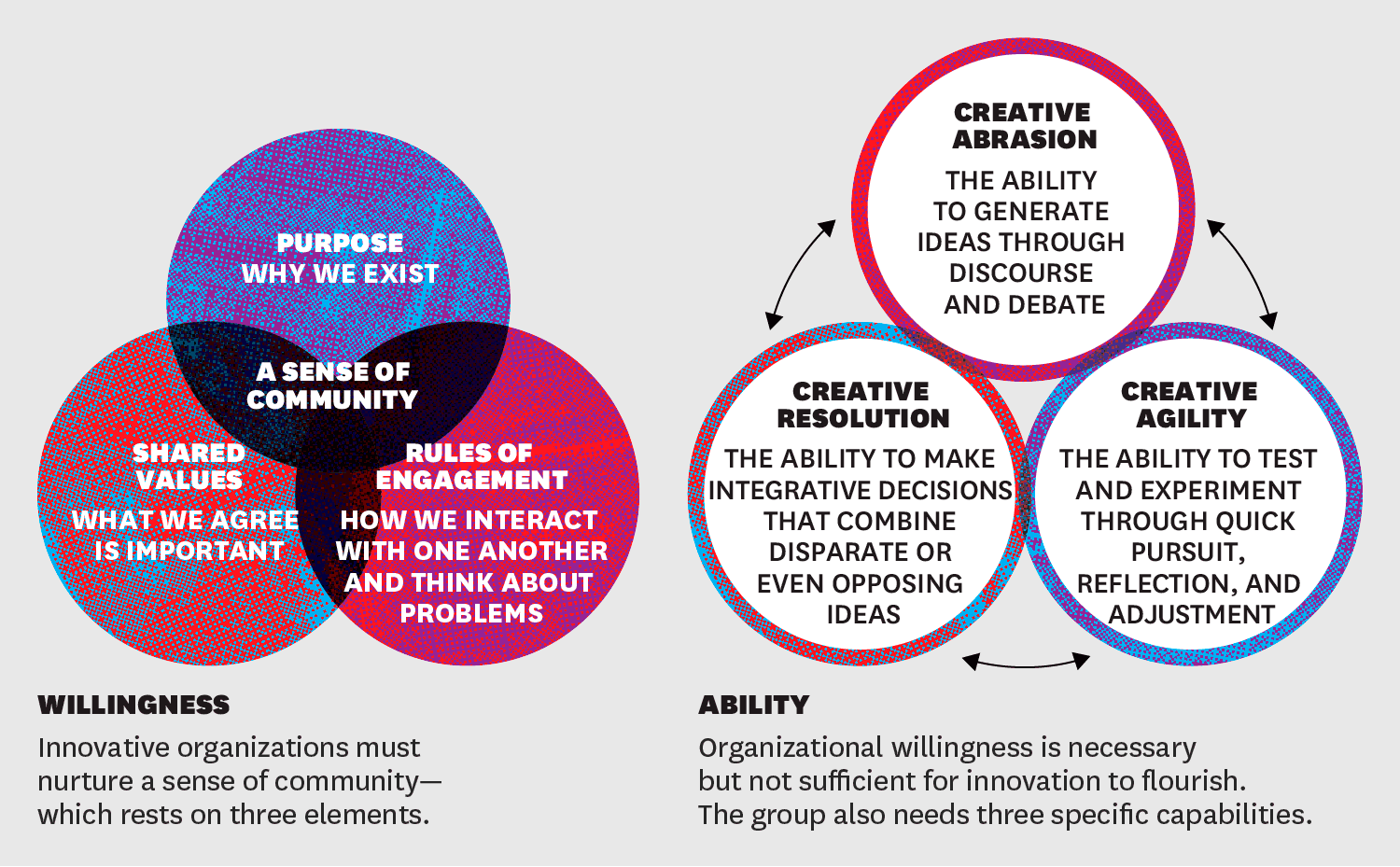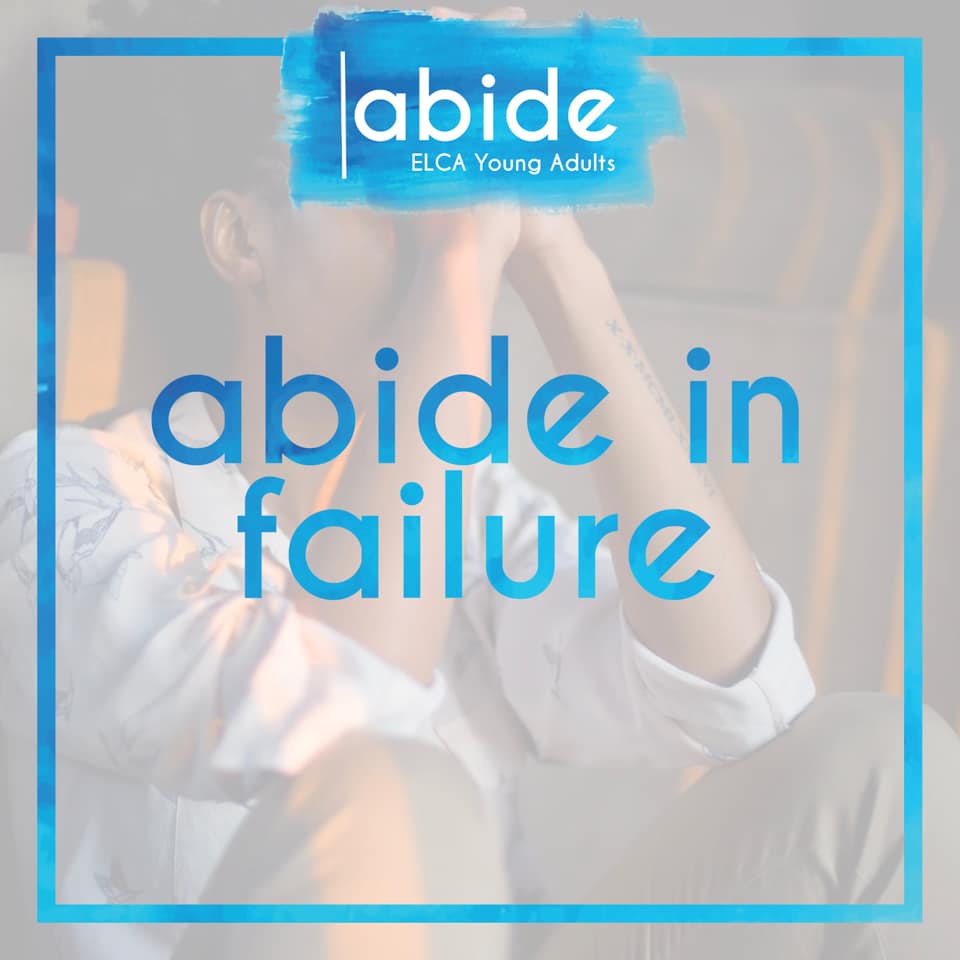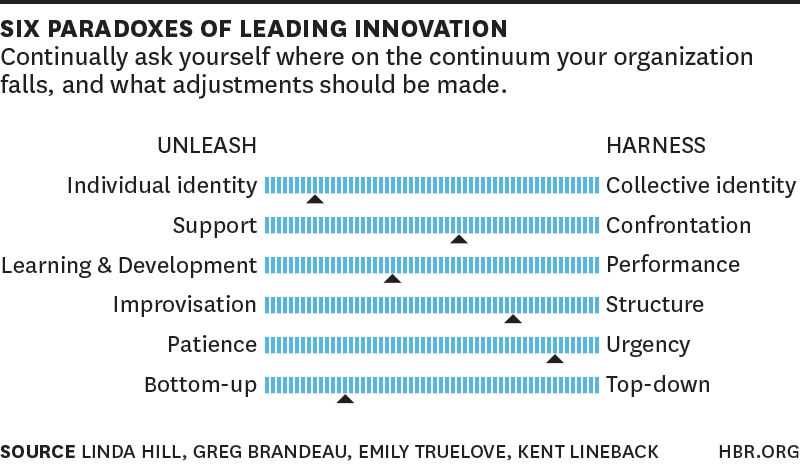“The way people hear and receive the gospel is changing at an increasingly rapid rate. The competitors of the gospel are many. The ELCA Innovation Lab is a space to experiment and innovate in real time so more people can know more about Jesus and experience the love of God.”
-Presiding Bishop Elizabeth Eaton
In January 2020, Presiding Bishop Elizabeth Eaton announced the priority of become an “innovation denomination” and the launch of the ELCA Innovation Lab. But what type of innovation denomination should the ELCA strive to be and what difference will it make anyway?
Innovation is often viewed as a single stroke of individual, inventive genius. But as many excellent resources on adaptive change and innovation in the church have named, a life of faith is often reflected by life in community.
With this in mind, the ELCA’s pursuit of innovation work is grounded in the research on collective genius as outlined by Dr. Linda A. Hill, the Wallace Brett Donham Professor of Business Administration and director of the Leadership Initiative at Harvard Business School, and her associates Greg Brandeau, Emily Truelove and Kent Lineback. In their book Collective Genius: The Art and Practice of Leading Innovation, Hill and associates define innovation simply as something new and useful. Through their research on innovative businesses and organizations such as Google, Pixar and Volkswagen, the team explore innovation culture and capability – the willingness and ability to innovate time and again.
 |
Source: Harvard Business Review, HBR.org
|
To benchmark the ELCA’s existing willingness and ability to culturally transform and continuously innovate, the ELCA Innovation Lab partnered with Paradox Strategies, Dr. Hill’s leadership consulting firm. In February, through the re:Route™ assessment, nearly 100 ELCA leaders weighed in, including leadership and young adult staff of the churchwide organization, two bishops and two directors for evangelical mission from each of the nine ELCA regions, the vice president of the ELCA and the chair of the conference of bishops. Overall, the data reflects an organization just beginning its innovation journey. Here are some highlights:
- 70% are willing to collaborate, but only 30% believe the organization is structured to facilitate that or that people excel at it.
- 30% believe it is safe to take the risk to speak their own mind.
- An inflexible structure, risk aversion and excessive planning make it nearly impossible to experiment or adjust quickly.
- Less than 25% believe the right people at the right level are involved in decision making.
- A majority sometimes chose to ignore decisions they don’t like.
In other words, if the ELCA’s innovation journey could be likened to training for a marathon race, we were looking at a “5k” training plan.
And then, COVID-19 hit.
Six months since the pandemic began, there is no doubt that innovation has been happening across the church and society. Frontline industries have pivoted to ensure the safety of workers, many congregations are still worshiping remotely, those who could began the great work from home experiment, students of all ages are starting classes online or in hybrid mode, entire industries are changing their business models. And yet, for the millions of Americans out of work, innovation might seem like a far-off notion for someone else.
In such uncertain, unprecedented times, innovation and its sister tools of design thinking and adaptive leadership are more important than ever.
And so is the church.
The ELCA Innovation Lab hopes to be a path forward for the church – and the church is at its core – the people. In the end, it is up to you, to us. And not our own sake, but for the sake of this world God so loves.
After all, as Luther Seminary professor Terri Martinson Elton writes, “The word innovation comes from the Latin word innovare, which means renew. It’s the process of renewing personally and communally, of nurturing life, especially after a crisis or fallow time.”
So, if you’re ready to roll up your sleeves and get to work, subscribe and follow this blog for more. If you’re not sure yet and just want to follow along, you’re more than welcome, too! Check back for the next post which will explore some of the connections between Lutheran faith and innovation. You may also want to check out other innovation resources, such as Luther Seminary’s Faith+Lead community.
The ELCA Innovation Lab Blog is new! We’d love to hear what you think. If you’ve got a few minutes, complete this short survey. If you have any additional questions or comments let us know at lab@elca.org.



